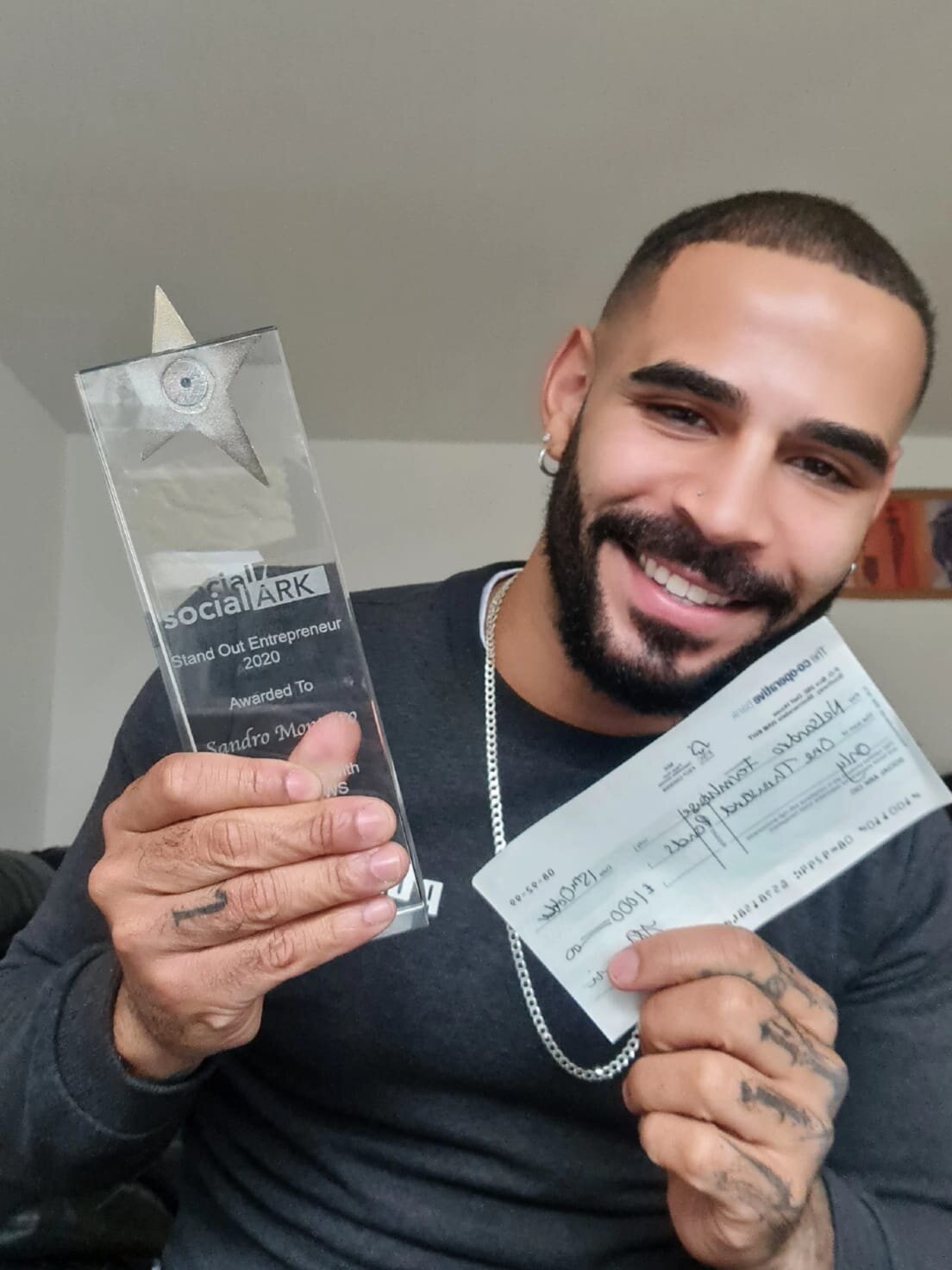My name is Avneet Dhariwal and I’m a student from the University of Birmingham about to begin my 2nd year studying History. I have been working for Social Ark for the last eight weeks, creating a formal mentoring structure for the ‘Step Up Programme’. I came across this position whilst perusing the placement bank the University of Birmingham compiled as part of the Professional Skills module they offer. Social Ark’s ethos shone through their application brief- compassionate and driven to help their local community. I was amazed by their work and was eager to be part of their team.
Soon after I sent off the application, I was offered an interview with Lisa and Saif over Zoom. I was quite nervous but as soon as we started chatting, time flew by, and I started to understand more about the family feeling of Social Ark. A few minutes after the interview concluded, my phone started to ring- it was Saif asking me to come back online to discuss the role more. Full of excitement and curiosity, I quickly logged back on.
Lisa and Saif couldn’t contain their excitement as they offered me a placement but with a major twist. Instead of the original marketing role, they suggested completing a project suited to my strengths and interests, they challenged me to create my own role and project brief- within the parameters of Social Ark. I was ecstatic to be given the chance to work with such incredible people and have the freedom to really take on this unique leadership challenge. After a few days of research, Lisa reached out and we talked about what Social Ark needed. It was clear that they needed to revisit their mentoring scheme. They worked with passionate mentors that championed the young social entrepreneurs and the organisation, but the mentoring scheme lacked a formal structure. Together, we came up with the idea for me to lead on the development of Social Ark’s first comprehensive formal mentoring pack and I instantly accepted.
My placement began with an introduction to my mentor: Carllyn Ng, strategic advisor for Social Ark. Being paired with an incredible mentor gave me the confidence to talk through my ideas about the creation of the structure as well as some much-needed guidance about social enterprises. Lisa gave me full control and creative authority for the project, encouraging and supporting me to embrace the leadership challenge. I was a little nervous and excited at the same time, unsure where best to start, however, Carllyn’s support and guidance throughout helped me to realise I could actually do this and brought out the best structure imaginable.
After completing some preliminary research about mentoring structures in other social enterprises, I received some feedback from the questionnaires we distributed to the mentors based on the previous informal structure in place. This analysis was originally designed to become the focus of the structure, but this proved to be quite difficult as most of the feedback was praise with 87% of the respondents feeling supported in their role by the Social Ark team! After synthesising and analysing the few improvement points given by the mentors, I started working on the shell of the programme with Carllyn and presented the outline to the team. I was met with positivity and encouragement by them as we focused on the next steps to convert my plan into reality.
As part of my research, I got the chance to meet Manny Ebokosia, founder and CEO of True Cadence CIC and Board Member for Social Ark. Manny raved about the impact Social Ark and its core team has had on True Cadence, as well as providing valuable feedback on my proposed structure. Meeting with Manny gave me the opportunity to talk through my own future career prospects and also understand both perspectives of the mentor relationship as he himself is a ‘Step Up Programme’ alumni and current peer mentor. His interactions and experience with Social Ark were very valuable to my research and the feedback given was included in the final full structure.
I presented the full structure to the team the following week and was met with a response full of gratitude and amazement. It felt incredible producing a piece of engaging work that would positively impact a wave of social entrepreneurs going forward with a great team.
Working with Social Ark boosted my confidence, it showed me what I can achieve in a supportive, creative environment. Every individual I worked with was positive, kind, and considerate and I would like to thank them all for making it a fantastic placement. My experience as a mentee at Social Ark taught me about collaboration and the importance of building solid relationships and networks - skills I’ll carry for life. I am so grateful for Lisa investing in me and I hope to learn more from her as I continue to work with Social Ark in a freelance capacity.


























